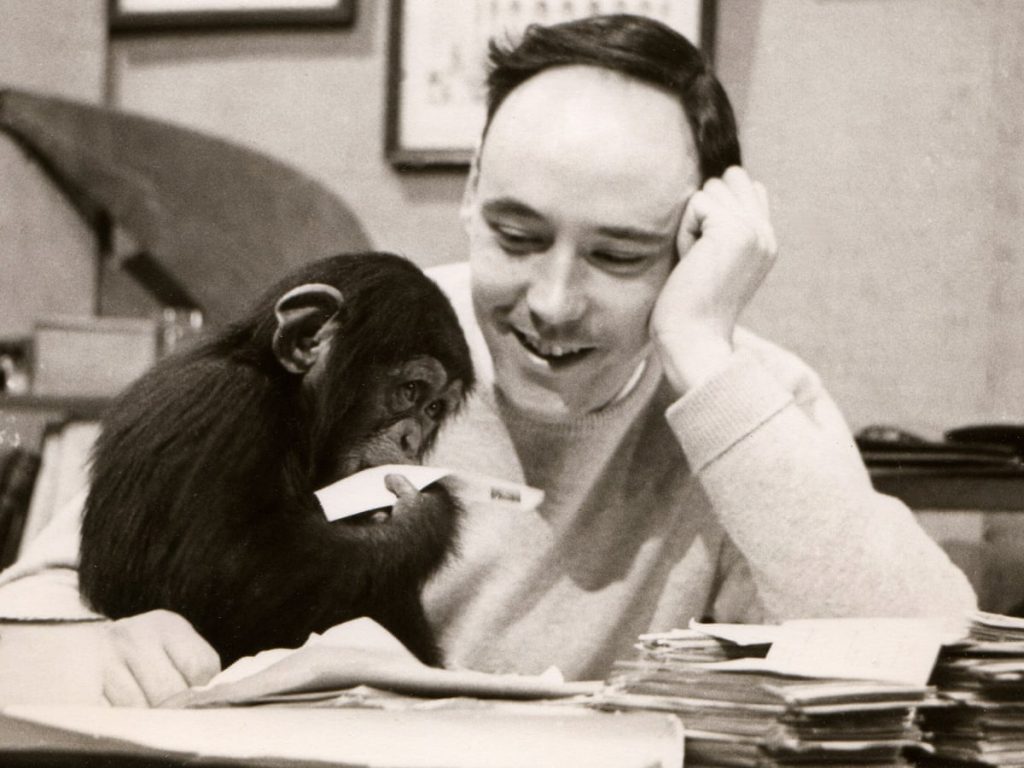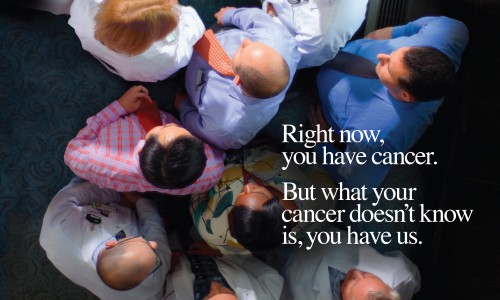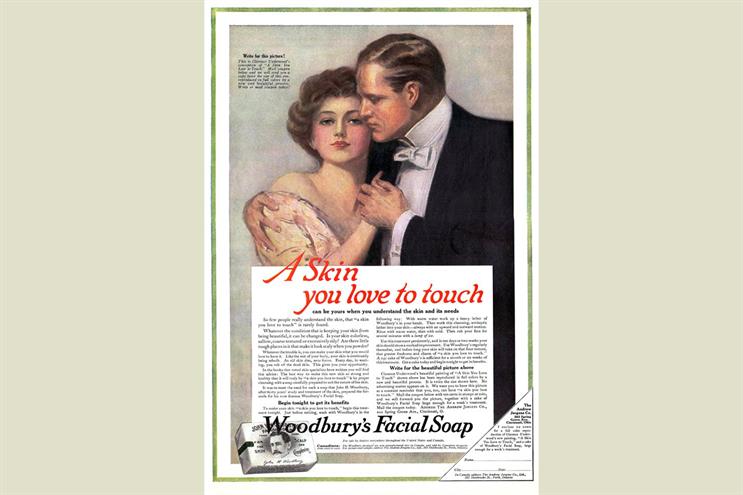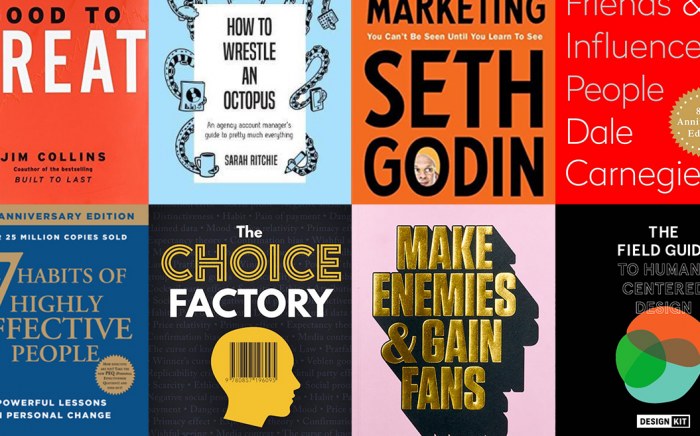Notes from the retail front line.
A few years ago the eminent Zoologist Dr Desmond Morris was asked why people relate to some advertisements and not to others.

As an expert who has spent his career studying humans as an animal species, he put forward the insight that there is a set of seven deep, ancient, underlying drivers that shape our lives.
These are core ingredients that we continually seek out in our day-to-day lives.
They provide us with a framework for what is important for our survival, our social order, and our individual wellbeing. While there are cultural nuances and individual preferences in how they play out, these human drivers are universally relevant for all people.
Therefore, people are more likely to relate instinctively to advertising that taps into one or more of these drivers, and less likely to relate to advertising that doesn’t. Similarly, this same set of human drivers is equally relevant and influential for the products we buy, and where we shop. They are relevant for big, life-defining decisions and also for the small details of what we choose for the dinner table.
These are the seven keys to being human.
CURIOSITY
We’re naturally attuned to things that are new and shiny. We love experimentation and to seek out new sensations. This trait has fed our ability to innovate, evolve and progress. On an everyday level, this translates to us wanting to try new foods at the supermarket, to meander through exotic marketplaces, to enjoy a thrill, or experiences that reward us and provide life’s images to share.
Canon’s ‘Bring your Curiosity’ campaign did this brilliantly.
By allowing people to view the world in a new way through immersive storytelling, Canon shared the experiences of three self-confessed, unadventurous people on a self-discovery journey – with the help of a camera.
PARENTING
Our in-built sense of nurture, love and caring is a very powerful driver. It teaches us to take care of others close to us, with the reciprocal implication that we will be taken care of in return. In everyday life, this is found in many different situations. It is the family roast, it is comfort softened towels, it is the treats in the grocery shopping, and it is the premium pet food.
Extra’s Origami ad stroke an emotional cord, featuring the unique bond shared between a father and daughter. Through its hear-warming story-line, it taps into our desire for intimate family connection (powered by Extra gum of course).
STATUS
The influence of status is very strong and manifests in several different ways, such as power, honor, prestige, winning and self-esteem. We love things that provide us with a feeling of superiority, whether it is physical prowess, or moral high-ground, or being superior and ahead of the pack. In everyday terms, we see this in many forms: elite luxury brands like Dior, premium quality ice cream like Lewis Road Creamery, authority brands like Mercedes-Benz, or the deli experience of Farro.
The feeling of superiority doesn’t have to always come from premium products, you can be small but mighty as seen in this classic from Smart Cars.
HEALTH
It is not surprising that we are strongly drawn towards things that enhance our health and wellbeing. After all, it is directly linked to our survival. As humans, we cleverly find ways to interpret health cues. In most cultures (Western in particular) we attribute health with youthfulness and energy. These swing us closer to the start of life and away from ageing and death. Something that makes us look or feel younger is a powerful virtue and a compliment. Demand for health permeates many different categories in different ways. Some add healthy elements like milk with added calcium.
Some remove harm like low-fat yoghurt.
Some offer life support such as diet plans.
Some provide quick fixes like botox.

Sometimes a new spin on the basics is just what you next campaign needs to create impact.
Dana-Farber Brigham & Women’s Cancer Centre built a campaign around the powerful message: “Right now you may have cancer. But what your cancer doesn’t know is — You Have Us.”
This slogan was supported by a series of short and shareable videos, and a robust social media campaign using the hashtag #YouHaveUs. During the difficulties that come with the disease, it resonated with its audiences need for reassurance and support. And unsurprisingly it was an absolute hit.
PROTECTION
Life is fraught with hazards and risks, and consequently, we have a natural urge for protection. Our learning brains allow us to distinguish both overt safety threats and more perception-based risks. To mitigate risks we seek out peace of mind. We seek safety in child-proof packaging, and in a 5-star safety rating for our car to address immediate threats. The obvious example of peace of mind is insurance, but it can also be found in other aspects of life such as the demand for dietary supplements. We accept that they might not have an immediately perceptible effect, but we take them as a precaution against illness.
What more relevant example today than the global Covid vaccination efforts.
We Kiwis have a metaphorical door to freedom, Singapore is leaning on disco, Australia uses fear tactics, while the UK is calling upon celebrity.
Through a series of ‘get the jab’ campaigns, we’re seeing a varied mix of localised communication tactics to create a unified desire for communal protection against the virus.
SEX
As they say, sex sells. Desmond Morris makes an important distinction however, between the feminine and masculine interpretations of the sex driver. With the feminine perspective, the sex driver is about securing the future. It is about successfully passing our DNA on into the future through our children. Romantic advertising imagery of the tender caring smile, the safe harbor of broad shoulders, and the thoughtful attention of good manners all speak to this idea. With the masculine version, the sex driver is a matter of conquest, or successfully attracting a mate through physical prowess. Intense signals of testosterone, strength and hard power are abundant in shaving and deodorant brands that are designed to galvanize the raw appeal of the man.

Travel back in time to the 1900s, when women – and their sex lives – were buttoned up.
Sure, everyone was having sex, but no-one was talking about it openly.
During this time ads had limited, if any, sex appeal. When Woodbury Soap’s ‘The Skin You Love To Touch’ campaign launched in 1911, it turned heads and opened doors. While the ad linked the soap to sex, it honed in on what women desired at the core: sensuality, intimacy and romance.
That was a first. Up until then, ads didn’t target the female demographic like that. The hand-holding is pretty chaste (by today’s standards), but it was overtly sexual for its time. As for the tagline, it was penned by a female copywriter, Helen Landsdown Resor. Go girl!
TRIBALISM
People are naturally social. Through pair bonds, families and communities we achieve important benefits of safety, greater sharing of skills and ideas, efficient use of resources, diversity in our reproduction that creates resistance to genetic malformation, and a sense of identity.
Championed by Seth Godin in “Tribes: We Need You to Lead Us”, the concept understands that people relate around much more than ‘external features’.
This pervades our lives in which team we support, what beer we drink, our music tastes and who we share our photos with. Tools like Facebook, Instagram and Snapchat provide direct access to our sense of community and tribalism.
These seven keys to being human to illustrate why people are complicated. They also show how shoppers are much more than blank canvasses selecting on price, range and convenience. There is a rich underlying palette of influences that shape demand.





